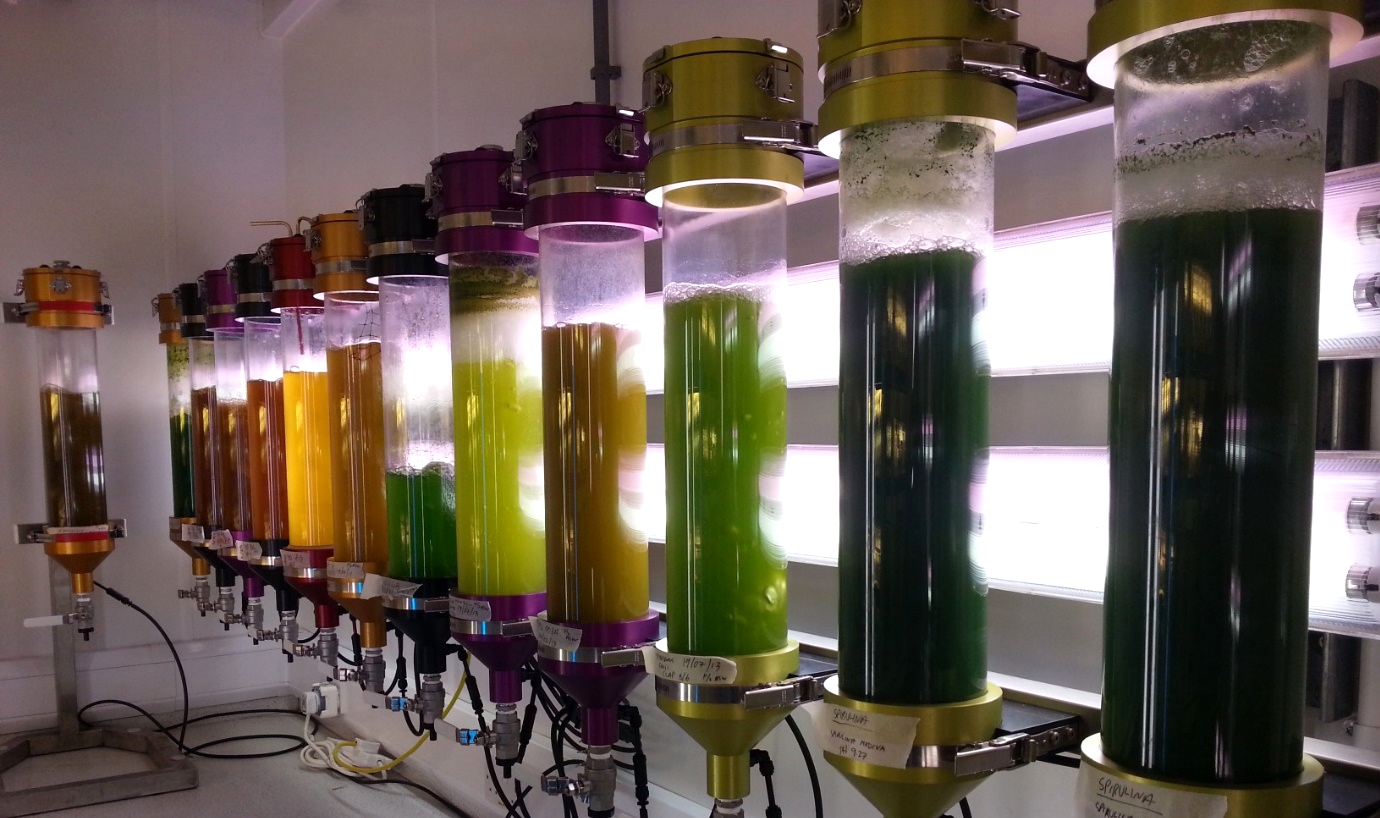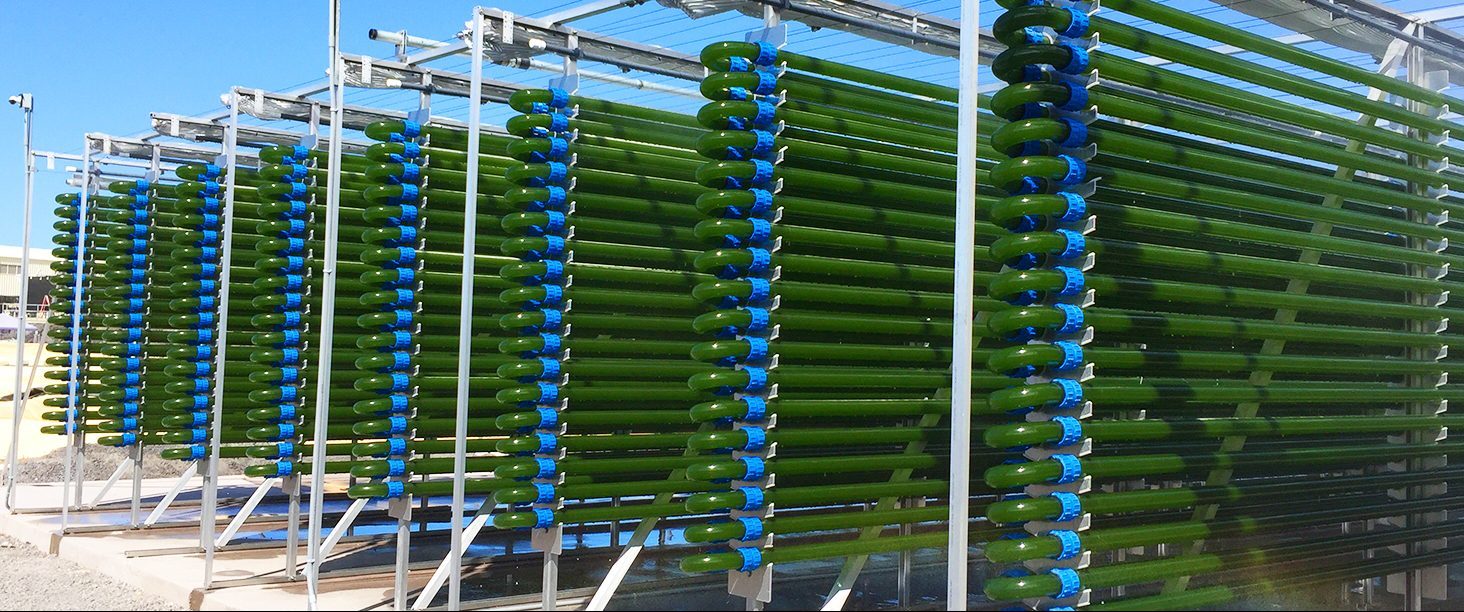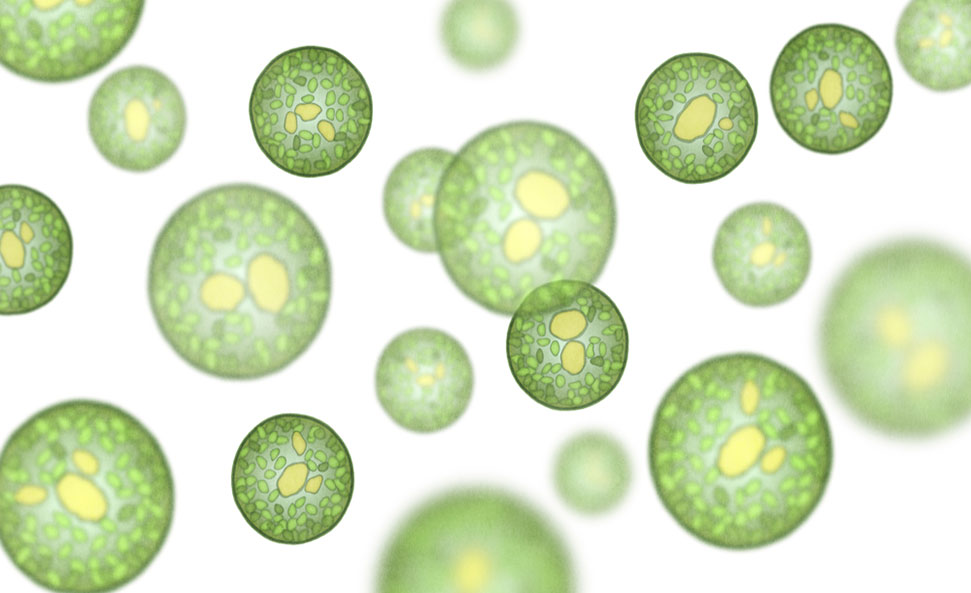Varicon Aqua: Joe McDonald
Joe McDonald is Managing Director and Founder of Varicon Aqua, manufacturer of the Phyco-™ range of photobioreactors and Cell-Hi line of algal nutrients. This team has deployed over 290 photobioreactor systems across the globe and in this edited conversation with Peter Green, Joe spoke about his experience leading the company, his perspective on microalgae tech, and the future for Varicon Aqua.
How has Varicon Aqua evolved to where it is now?
I used to work around Asia and the Isle of Man in marine aquaculture on the development of new species. I then moved to Worcestershire, UK, and worked for a company as a business development manager. It was there that I took ownership of the IP for our legacy product: the BioFence photobioreactor. From this tubular photobioreactor, we sought to develop next generation systems which could add more value to the end user. This meant making the systems more adaptable with better life cycle analysis. As a result, we moved away from plastic systems to glass, and from steel to aluminium which ensured a much longer lifespan for the kit.
Over the last 17 years our team has come a long way on this journey. Alongside our photobioreactors, we develop a range of collated nutrients, our Cell-Hi, All In One products for different microalgae species and applications. In addition, we now have a Soil Association Certified product coming to the market called Cell-Hi BIO.
Ultimately, as a supplier, we're quite agnostic and try to cater to the needs of each client separately. That's the philosophy of the business.

Is there a particular area where you're seeing a sharp increase in demand?
At Varicon Aqua, we try to be the "Rolls Royce" of the sector, providing glass-tubular, cutting edge products. However, when I reviewed the market a while back, I noticed everyone was still selling cheap kit. That was interesting and led to us moving back into open-pond and columned systems. You may not agree with these from a photosynthetic efficiency point of view, but from an economic point of view there are advantages to using ponds instead of tubular systems for some scenarios.
There's still plenty of business in the innovative R&D space too. Despite these projects being more technically challenging, we enjoy them. Overall, nowadays we tend to deliver a suite of photobioreactors to address the needs of the customer. We like to do bespoke work and that's what distinguishes Varicon Aqua from our competitors who tend to standardise the product lines.
What are some of the most challenging parts of this sector?
Firstly, it's a difficult space to be in. Both Varicon Aqua and competing technology suppliers are relatively small because the opportunity is still quite small. There currently aren't many large industrial microalgae farms. However, that's changing. Within the next 10 years we'll see quite a big transformation.

The big paradigm shift will be in algal genetic engineering, which will allow us to produce many different products from optimised strains. Teams like Bondi Bio, Professor Peter Ralph's group and Synthetic Genomics showed great foresight in this area. As one of the technology providers for these teams, we will be ready to support that transition to modified cells.
A second challenge relates to operators being irresponsible with investor money. Although dreams are fantastic, there have been many cases historically which were complete fantasy. Ultimately, to build something in this space, you have to understand the metrics that drive the return on investment. You need the right technology, the right team, and the right investors with plenty of cash. You might need up to $80 million for your product to become economically viable. If you're producing 1500 kilos of a high value product the economics are marginal but it's a great entry point.
You may have the technology, capacity, and great efficiency, but if you're only selling 100 kilos of product, to make a return on investment you'll need to sell directly to retail, which requires a significant marketing budget.

What's next for Varicon Aqua?
We're working on the next generation of photobioreactors, Cell-Hi BIO nutrient products, and becoming more active in the eutrophication space.
We're also developing a method to remove phosphates and ammoniums from certain digestates, alongside partners in the US. This follows developments in the European anaerobic digestion space. There is one particular anaerobic digestate which is very rich in phosphates and ammonium salts, and microalgae can be used to fix that.
What's your take on the role microalgae can play in carbon sequestration?
It's very efficient. We once ran a trial with RWE npower and Dr. Chris Hulatt to trace the fate of carbon from industrial power plants. We proved that it's very efficient from a mass transfer perspective, but it's not scalable. In temperate climates, microalgal production in a tubular system might fix 80 metric tonnes of carbon per hectare. In a pond, you're probably closer to 40 metric tonnes, and in a tubular photobioreactor, it might be up to 160 metric tonnes of carbon. Compared to how much carbon is produced from a power plant, this is not impressive.
Nevertheless, I think there's a place for this technology in other areas. For example, it could be used to sequester carbon dioxide in breweries and distilleries.
What advice might you give to others just starting out in this space?
I would be infinitely more selective about who we invest our time in. Trust your intuition, do good and be honest. That's your reputation and that's what builds your brand. In addition, understand your competition, and understand the market. Broaden your vision.
If you're in this space, you should be technically excellent. Make sure you read every technical paper and listen to the youngsters because they are the future leaders.


